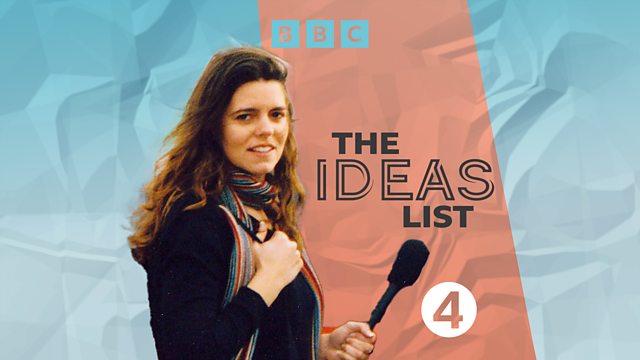
4. Breeding Robots
Claudia Hammond revisits a list of ideas she prepared for a ����ý job interview thirty years ago. Today she looks into a groundbreaking experiment combining robotics and evolution
Thirty years ago years ago, in March 1995, a fresh-faced Claudia Hammond arrived at the ����ý for a job interview as a trainee science producer. She put together a comprehensive list of science and health stories, ready to pitch at the interview. In this quirky, personal journey, Claudia revisits five ideas from her Ideas List to find out what happened next. She tracks each headline-grabbing story forward through the false-starts and dead ends, the surprises and successes. And she asks what each tale teaches us about the tortuous path of scientific progress.
In this episode, Claudia re-examines an ingenious experiment that applied Darwinian evolution to robotics and spawned a new academic field.
Claudia visits researcher Phil Husbands in his old robotics laboratory at Sussex University. As they explore a giant gantry robot, Phil shares the story of how a robot similar to this one was used in his original experiment that mimicked Darwinian natural selection. Over multiple generations of artificial DNA – essentially bits of randomised code – the robot learned how to complete a simple tasks.
At the time, the mainstream approach to artificial intelligence was logic-based and Phil’s work was part of a larger wave of newer, more adaptive methods. The experiment helped create the field of evolutionary robotics, but Phil’s approach didn’t go as far as he and his contemporaries believed it would. And it did not lead to the AI revolution we have seen in recent years.
Josh Bongard was a student of Phil’s at Sussex University and went on to have a career in evolutionary robotics, taking Phil’s method and developing it further. In the late 2010s, he embarked on a new project working with a group of biologists from another university. This collaboration led to the creation of Xenobots, biological robots made out of frog cells that can move around and even self-replicate.
Josh credits a lot of his success to Phil and to the time he spent at Sussex University as a student. Sometimes an idea can take on a life of its own.
Producers: Florian Bohr and Jeremy Grange
On radio
More episodes
Previous
Next
Broadcasts
- Thu 16 Jan 2025 11:45����ý Radio 4
- Fri 17 Jan 2025 00:30����ý Radio 4
